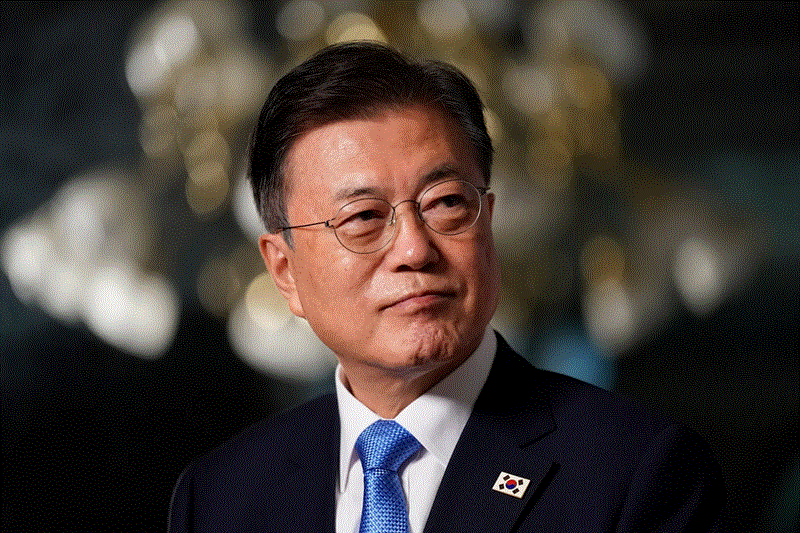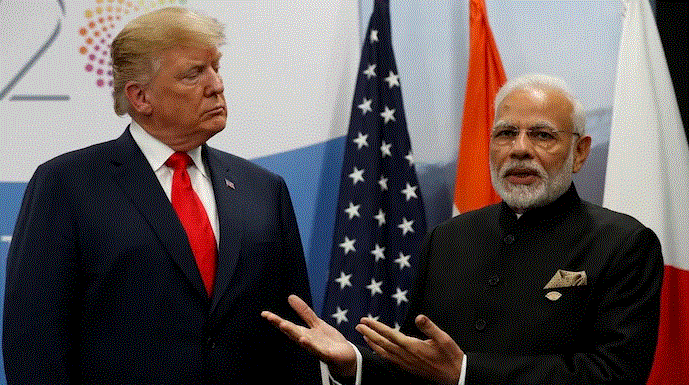Saudi Arabia Initiates Major Economic Shift Away from Petrodollar Deal with the US

News Mania Desk/ Agnibeena Ghosh/15th June 2024
Saudi Arabia has opted not to renew its longstanding petrodollar agreement with the United States, which officially expired on June 9, marking the end of an 80-year economic arrangement. Initially signed on June 8, 1974, this agreement played a pivotal role in bolstering US global economic influence.
The petrodollar deal was established to enhance economic cooperation between the US and Saudi Arabia, focusing particularly on the latter’s oil production capabilities and military requirements. At its inception, American policymakers aimed to incentivize Saudi Arabia to increase oil production and strengthen economic ties across Arab nations.
By choosing not to extend this contract, Saudi Arabia now has the flexibility to conduct oil and commodity transactions in currencies beyond the US dollar. This includes major currencies like the Chinese RMB, Euros, Yen, and Yuan, as well as the exploration of digital currencies such as Bitcoin for future transactions.
This decision by Saudi Arabia represents a significant departure from the petrodollar system, which was first formalized in 1972 when the US discontinued the direct link between its currency and gold. Economically, this move is anticipated to expedite the global trend towards using alternative currencies in international trade.
Moreover, Saudi Arabia has recently joined Project mBridge, a collaborative initiative aimed at developing a digital currency platform that will facilitate instantaneous cross-border payments and foreign exchange transactions. Launched in 2021, Project mBridge involves leading central banks and financial institutions worldwide and has progressed to its Minimum Viable Product (MVP) phase, inviting private-sector participation to further innovate and develop the platform.
This strategic shift by Saudi Arabia signals the beginning of a profound transformation in global economic dynamics. While the full ramifications of this decision on international trade and finance remain to be fully understood, it underscores Saudi Arabia’s strategic intent to diversify its economic relationships and adopt innovative financial technologies.
The move away from the petrodollar system is expected to impact various aspects of global finance. It challenges the dominance of the US dollar in international transactions and could potentially reduce the global demand for US currency, influencing its value in global markets.
Furthermore, Saudi Arabia’s exploration of digital currencies like Bitcoin reflects broader trends towards adopting decentralized financial technologies. The integration of digital currencies into international trade could streamline transactions, reduce costs, and increase efficiency, albeit posing regulatory and security challenges that would need careful consideration.
In conclusion, Saudi Arabia’s decision not to renew its petrodollar agreement with the US marks a seminal moment in global economic history. It signifies a strategic pivot towards economic diversification, enhanced financial flexibility, and adoption of digital innovations in international finance. As this shift unfolds, it will undoubtedly shape the future landscape of international trade and finance, prompting other nations and financial institutions to reassess their economic strategies and adapt to emerging trends in the global economy.






